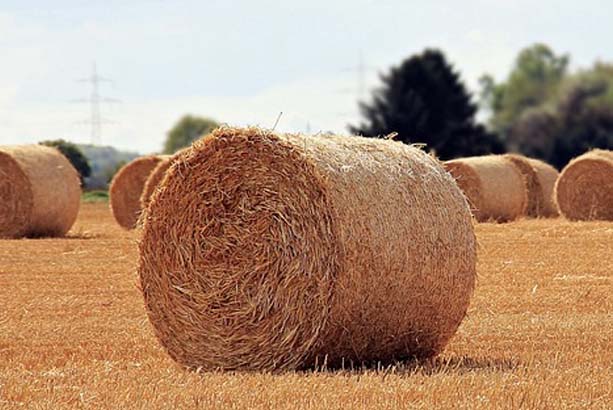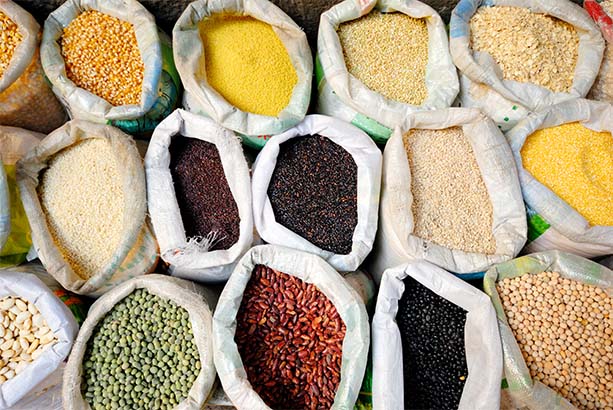
Food grains are a vital component of the global food supply chain, and their import and export play a critical role in ensuring that people around the world have access to a stable and diverse supply of food. Food grain imports and exports can be affected by a wide range of factors, including crop yields, weather patterns, government policies, and market demand. In many cases, food grain imports are necessary to meet the needs of countries facing shortages due to crop failures or other factors. On the other hand, food grain exports can provide significant economic benefits for countries that have a surplus of crops. However, navigating the complex logistics and regulations involved in food grain import and export can be challenging, which is why it’s important to work with experienced and reliable partners who can help ensure a smooth and successful process.
Seeds are an essential part of agriculture and food production. Different types of seeds are imported and exported globally, including vegetable seeds, flower seeds, and grain seeds. The seeds are used for various purposes, such as planting new crops, breeding new varieties of plants, and producing oils and other products. The import and export of seeds are governed by strict regulations, and it is crucial to comply with these regulations to ensure that the seeds are safe and meet the required standards. Working with experienced seed suppliers and import/export businesses can help ensure that the seeds are of high quality and that the import/export process is smooth and successful.
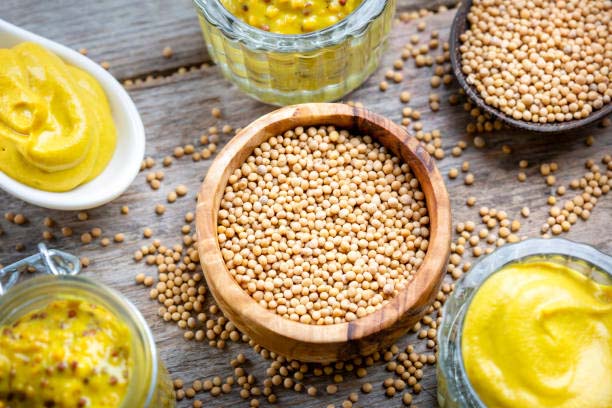
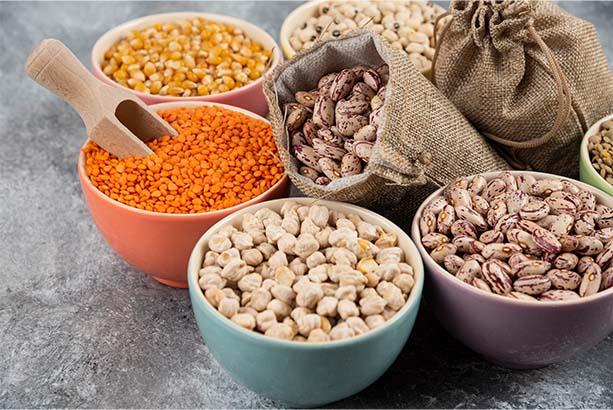
Pulses are an important food commodity that is imported and exported around the world. Pulses are a type of legume that includes various types of beans, lentils, and peas. They are an essential source of protein and other nutrients and are used in a wide range of dishes, from soups and stews to salads and snacks. Countries import pulses to meet their domestic demand for these commodities or to supplement their domestic production. On the other hand, countries that have a surplus of pulses can export them to generate income and support their economy. The import and export of pulses are governed by various regulations and standards, and it is essential to comply with these regulations to ensure the safety and quality of the products. Working with experienced import/export businesses can help ensure that the pulses are of high quality and that the import/export process is smooth and successful.
India is known for its rich variety of spices, which are widely used in cuisines around the world. Spices such as cardamom, cinnamon, pepper, turmeric, and cumin are some of the most commonly imported and exported spices from India. Indian spices are known for their distinctive flavors, aromas, and health benefits. The country has a long history of producing and exporting spices, and Indian spices are in high demand in international markets. The import and export of spices are governed by strict regulations and standards, and it is essential to comply with these regulations to ensure the safety and quality of the products. Working with experiencedimport/export businesses can help ensure that the spices are of high quality and that the import/export process is smooth and successful. With the growing demand for Indian spices around the world, the import and export of spices from India are expected to continue to grow in the future.
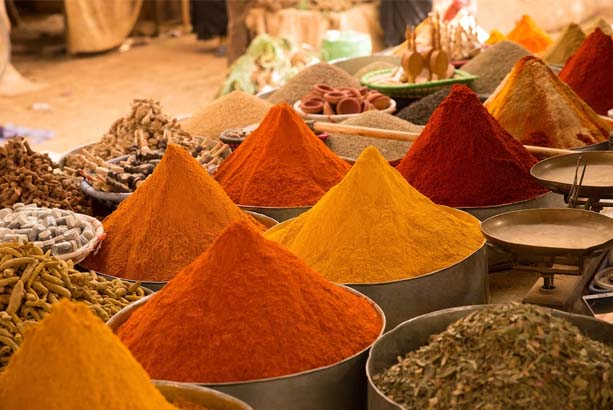
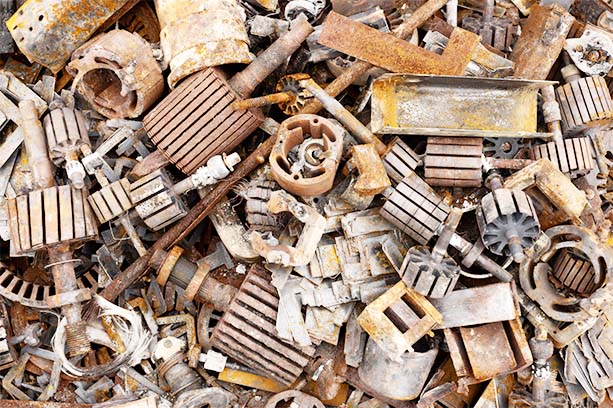
India is one of the leading importers and exporters of metal scraps, including ferrous and non-ferrous scrap metals. Ferrous scrap metals include iron and steel, while non-ferrous scrap metals include copper, aluminum, brass, and zinc. These metals are used in a wide range of industries, including construction, automotive, and manufacturing. The import and export of metal scraps are governed by strict regulations, and it is essential to comply with these regulations to ensure the safety and quality of the products. India has a significant domestic demand for metal scraps, and the country also exports metal scraps to countries around the world. Working with experienced import/export businesses can help ensure that the metal scraps are of high quality and that the import/export process is smooth and successful. With the growing demand for metal scraps globally, the import and export of metal scraps from India are expected to continue to grow in the future.
India is a major exporter of plant and machinery spare parts as well as diesel generator spare parts to countries around the world. These spare parts are used in various industries, including manufacturing, construction, and power generation. India has a large manufacturing base and is home to many leading manufacturers of plant and machinery spare parts and diesel generator spare parts. The import and export of these spare parts are governed by strict regulations and standards, and it is essential to comply with these regulations to ensure the safety and quality of the products. Working with experienced import/export businesses can help ensure that the spare parts are of high quality and that the import/export process is smooth and successful. With the growing demand for these spare parts globally, the import and export of plant and machinery spare parts as well as diesel generator spare parts from India are expected to continue to grow in the future.


India is a major exporter of fruits and vegetables to countries around the world. The country is known for its diverse range of fruits and vegetables, including mangoes, bananas, grapes, onions, and tomatoes, among others. The import and export of fruits and vegetables are governed by strict regulations and standards, and it is essential to comply with these regulations to ensure the safety and quality of the products. India has a vast network of farms and growers, and the government has implemented various initiatives to improve the quality and production of fruits and vegetables. Working with experienced import/export businesses can help ensure that the fruits and vegetables are of high quality and that the import/export process is smooth and successful. With the growing demand for fresh fruits and vegetables globally, the import and export of these products from India are expected to continue to grow in the future
India is a major importer and exporter of cattle feed, which includes various types of animal feed such as hay, silage, and concentrates. The country has a large population of cattle, and the demand for cattle feed is significant. The import and export of cattle feed are governed by strict regulations and standards, and it is essential to comply with these regulations to ensure the safety and quality of the products. India imports cattle feed from countries like the USA, Brazil, and Argentina and exports it to neighboring countries like Bangladesh, Nepal, and Sri Lanka. Working with experienced import/export businesses can help ensure that the cattle feed is of high quality and that the import/export process is smooth and successful. With the growing demand for cattle feed in India and neighboring countries, the import and export of cattle feed from India are expected to continue to grow in the future.
